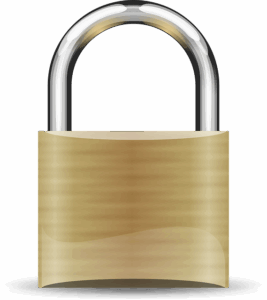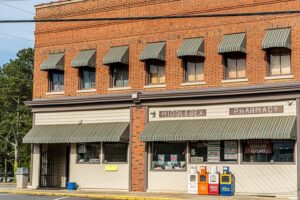Ensuring Precision: Translating Drug Safety Reports for UK Regulation Compliance
TL;DR:Accurate and reliable translation services for Drug Safety Reports (DSRs) are crucial in the UK pharmaceutical market, characterized by stringent regulatory standards. These translations ensure patient safety and successful drug marketing. Spec…….
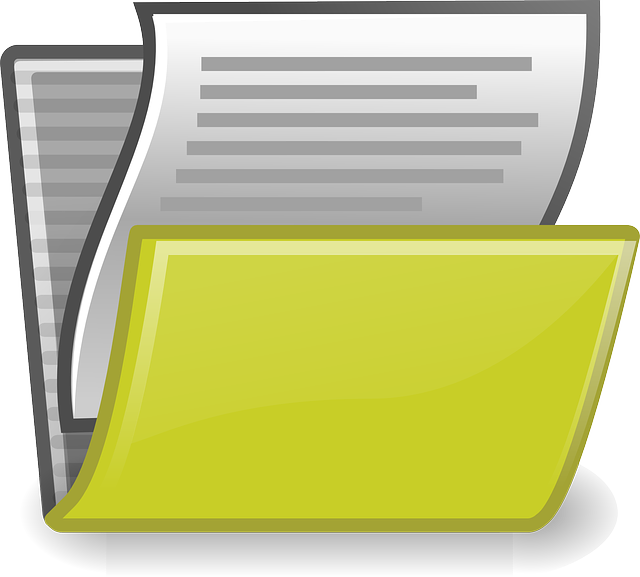
TL;DR:
Accurate and reliable translation services for Drug Safety Reports (DSRs) are crucial in the UK pharmaceutical market, characterized by stringent regulatory standards. These translations ensure patient safety and successful drug marketing. Specialized DSR translation providers must understand local rules, particularly MHRA guidelines, and employ skilled pharmacovigilance translators to avoid errors that could cause delays or reputational harm. Best practices include employing qualified linguists with pharmaceutical backgrounds, rigorous quality assurance (QA) processes like peer review, and specialized software for translation memory and terminology management. Native language professionals are key for conceptual soundness and cultural nuance in UK-specific DSR translations, adhering to strict regulatory compliance. Choosing reputable providers is vital to navigate the complex UK market successfully, avoiding costly errors and potential patient safety risks.
In the stringent pharmaceutical industry, ensuring accuracy in safety report translations is paramount, especially within the UK regulatory framework. This article delves into the critical aspects of translating drug safety reports, exploring the unique challenges and best practices in this domain. From understanding the UK’s regulatory landscape to leveraging native language expertise, each step ensures the integrity of vital documentation. We examine cases where inaccurate translations can have severe repercussions, emphasizing the need for robust quality assurance processes in translation services catering to the UK market.
- Understanding the Importance of Accurate Translations in Drug Safety Reports
- The UK Regulatory Landscape and Translation Requirements
- Challenges in Translating Technical Documentation for Drug Safety
- Ensuring Quality: Best Practices for Translation Services in the Pharmaceuticals Sector
- The Role of Native Language Experts in Maintaining Accuracy
- Quality Assurance and Control Measures for Translated Safety Reports
- Case Studies: When Inaccurate Translations Can Have Serious Consequences
Understanding the Importance of Accurate Translations in Drug Safety Reports
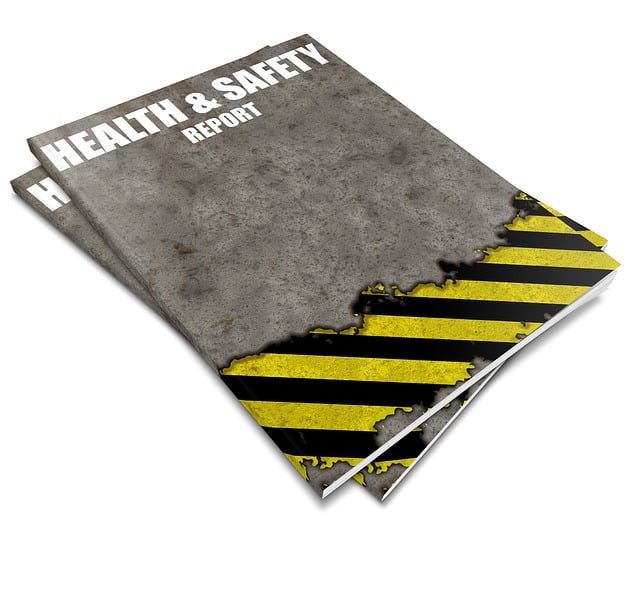
Accurate translations are paramount in the realm of drug safety reports, especially within the stringent regulatory environment of the UK. These reports play a critical role in ensuring patient safety and the efficacy of pharmaceutical products. Any errors or miscommunications in translated documents can have severe consequences, leading to delays in drug approvals, market access restrictions, and potential reputational damage for pharmaceutical companies.
Translation services for Drug Safety Reports UK must adhere to stringent quality standards and employ linguistically skilled professionals who understand both the technical jargon of pharmacology and the nuances of regulatory requirements. The accuracy of these translations is essential to maintain consistency across global markets, ensuring that critical safety information is conveyed effectively and reliably.
The UK Regulatory Landscape and Translation Requirements
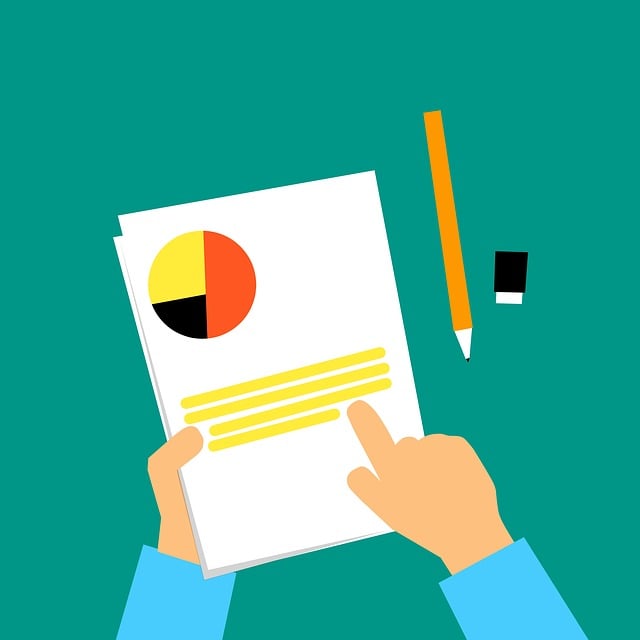
The UK regulatory landscape for drug safety reports is strictly enforced and highly regulated, demanding meticulous attention to detail and precise documentation. As such, translation services for Drug Safety Reports (DSRs) in the UK must adhere to stringent standards to ensure accuracy and compliance. The process involves not only translating the content but also understanding the nuances of medical terminology and regulatory requirements specific to the UK market.
Translation companies catering to the UK pharmaceutical sector must be well-versed in local regulations, such as those set by the Medicines and Healthcare products Regulatory Agency (MHRA). They should employ translators with expertise in pharmacovigilance and a deep understanding of medical language to deliver precise and reliable translations. This ensures that DSRs are not only linguistically accurate but also maintain their integrity and compliance status, facilitating efficient submission processes for pharmaceutical companies conducting clinical trials or marketing drugs in the UK.
Challenges in Translating Technical Documentation for Drug Safety
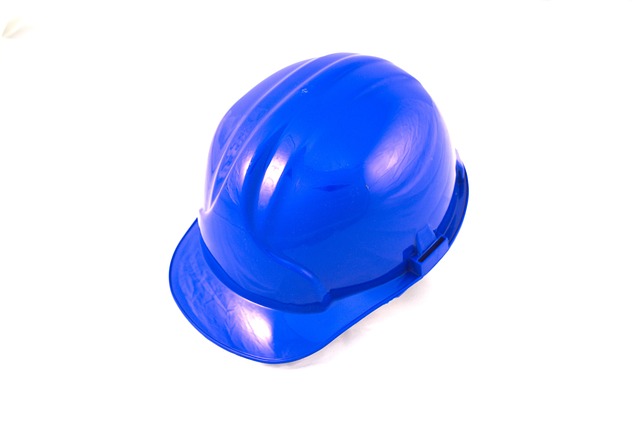
Translating technical documentation for drug safety presents unique challenges, especially when navigating complex regulatory landscapes like the UK’s. Professional translation services for Drug Safety Reports in the UK must grapple with precise terminology and intricate medical concepts. A single misstep can lead to misunderstandings, which are particularly dangerous in the pharmaceutical industry where clear communication is paramount.
These reports often involve highly specialized jargon and require a deep understanding of both the source and target languages. Accurate translations demand not just linguistic proficiency but also scientific know-how. Moreover, cultural nuances must be considered to ensure the document resonates with UK audiences while adhering to local guidelines and standards. Reputable translation services invest in qualified linguists and rigorous quality assurance processes to overcome these challenges, thereby providing reliable and accurate Drug Safety Report translations tailored for the UK market.
Ensuring Quality: Best Practices for Translation Services in the Pharmaceuticals Sector
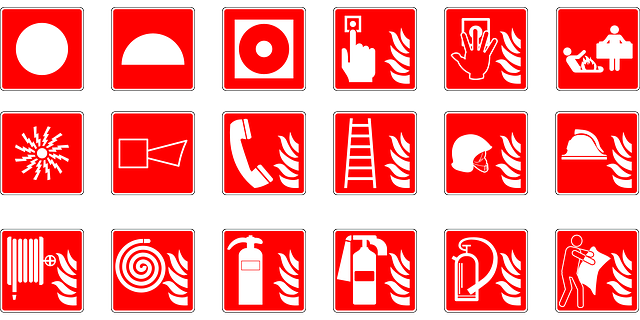
Ensuring Quality is paramount in the pharmaceuticals sector, especially when it comes to translation services for Drug Safety Reports in the UK. Accurate and reliable translations are critical to convey vital information accurately, adhering to regulatory standards, and maintaining patient safety. Best practices for translation service providers in this field involve a multi-layered approach.
Firstly, employing qualified and experienced translators with a strong background in pharmaceuticals is essential. These translators should possess not only linguistic expertise but also a deep understanding of technical terminology and regulatory requirements specific to the UK market. Additionally, implementing rigorous quality assurance processes, including peer review and proofreading, ensures the accuracy and consistency of translations. Using specialized software for translation memory and terminology management can further enhance efficiency and maintain brand coherence across various documents.
The Role of Native Language Experts in Maintaining Accuracy

The accuracy of safety report translations for the UK depends heavily on the involvement of native language experts. These professionals play a pivotal role in ensuring that technical documents, such as Drug Safety Reports, are not just linguistically precise but also conceptually sound. They bring a deep understanding of regulatory requirements and industry-specific terminology unique to the UK market, which is essential for maintaining compliance throughout the translation process.
Native experts conduct thorough research, consult with domain specialists, and employ context-aware translation practices to convey complex scientific and medical information accurately. Their meticulous approach not only prevents misinterpretations but also aligns translated content with local cultural nuances, ensuring that safety reports resonate effectively with UK audiences. This level of expertise is crucial for providing reliable translation services for Drug Safety Reports in the UK, where adherence to stringent regulatory standards is paramount.
Quality Assurance and Control Measures for Translated Safety Reports

Ensuring accurate translations for safety reports, especially in the highly regulated field of drug safety, is paramount. Professional translation services for drug safety reports UK must implement robust Quality Assurance (QA) and Control Measures to maintain precision and consistency across all language pairs. These measures include rigorous linguistic validation where native-speaking experts meticulously review each translated document against the source text, identifying any terminological or contextual discrepancies.
Additionally, a comprehensive process of proofreading ensures grammatical correctness, fluency, and cultural adaptability of the translations. Advanced technology, such as machine translation platforms, can streamline the initial draft creation but must be post-edited by human translators to eliminate potential errors introduced by automated systems. Regular training sessions on industry-specific terminology and updates on regulatory changes further equip translators to deliver highly accurate safety report translations tailored to UK requirements.
Case Studies: When Inaccurate Translations Can Have Serious Consequences
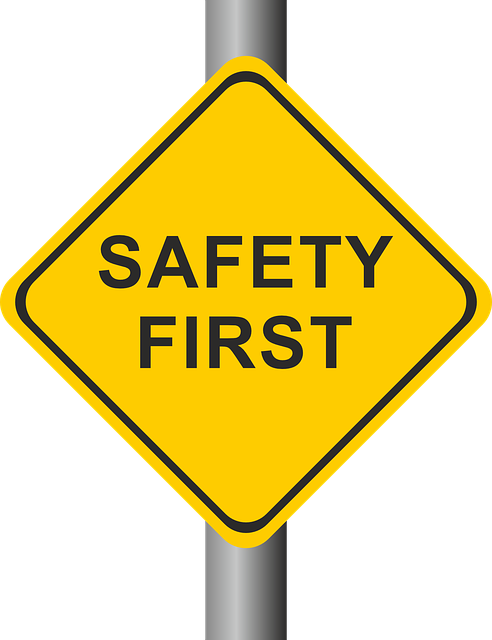
In the realm of drug safety reporting, accuracy is paramount. When it comes to translating these critical documents for the UK market, even minor errors can have significant implications. Consider a case study where a pharmaceutical company relied on subpar translation services for their Drug Safety Reports (DSRs). The resulting translations contained numerous inaccuracies, leading to confusion among healthcare professionals and regulatory bodies. This, in turn, delayed the approval process for a new drug, causing substantial financial losses for the company and potential risks to patient safety.
This scenario highlights the importance of professional and meticulous translation services for DSRs in the UK. Translation errors may introduce ambiguities or misinterpretations that could jeopardize regulatory compliance and clinical trials. Choosing reputable providers specializing in life sciences translations is essential to ensure accuracy and consistency, thereby facilitating smoother navigation through the complex landscape of drug safety reporting.
In the UK pharmaceutical sector, accurate translations of safety reports are non-negotiable. As discussed, navigating the unique challenges of technical documentation requires specialised services that understand both the regulatory environment and the nuances of each language. By adhering to best practices, leveraging native language expertise, and implementing rigorous quality assurance measures, translation service providers can ensure the integrity and effectiveness of drug safety reports. Choosing reliable professionals who focus on Translation services for Drug Safety Reports UK is vital to mitigate risks and protect public health.
